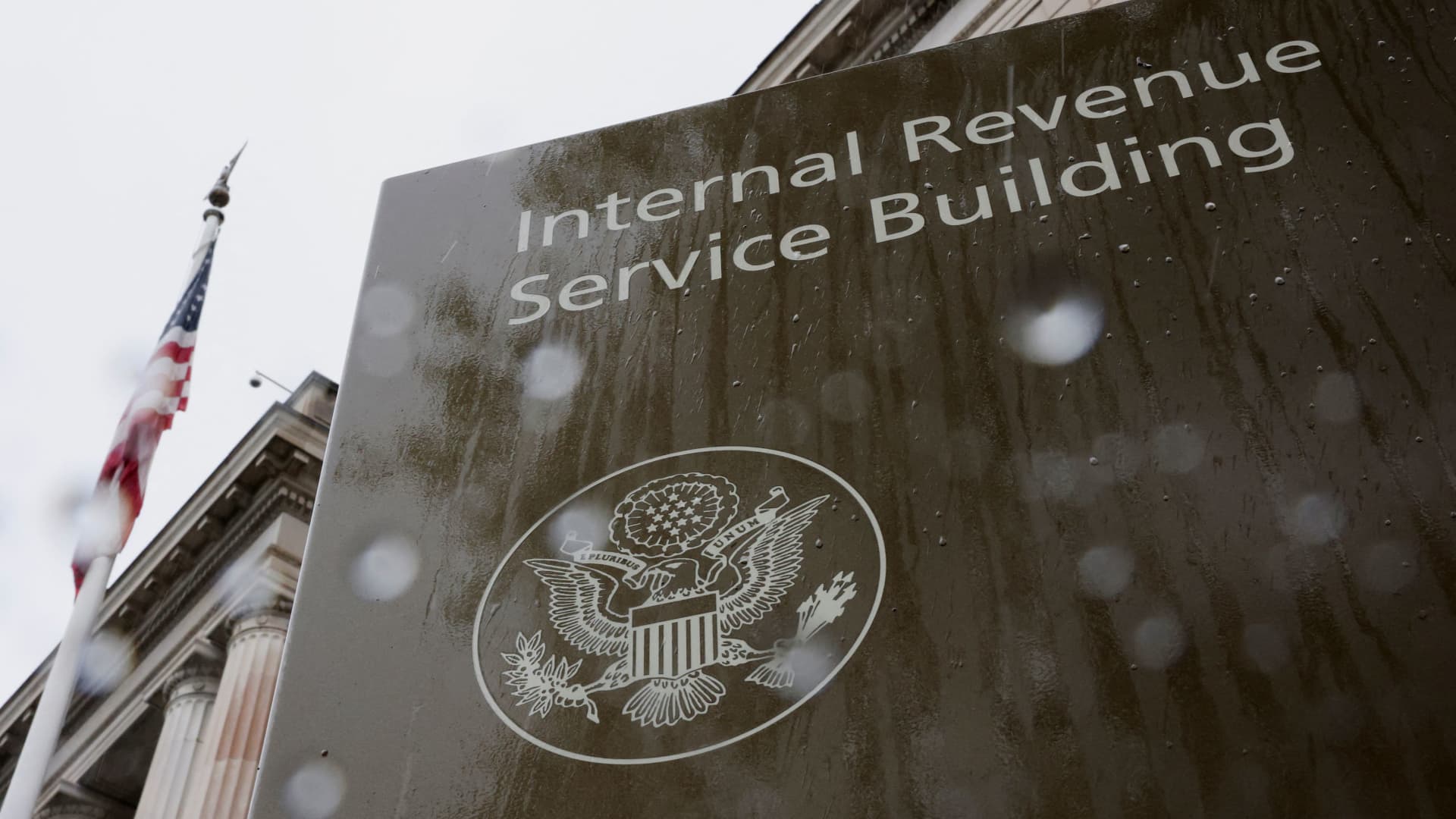The Internal Revenue Service (IRS) has recently signaled a significant shift in its stance on churches and political endorsements, potentially marking a new era in the relationship between religion and politics in the United States. For decades, the Johnson Amendment has served as a clear boundary, prohibiting 501(c)(3) organizations, including churches, from endorsing or opposing political candidates. However, a recent IRS announcement suggests that this boundary may be blurring, allowing churches to endorse political candidates without jeopardizing their tax-exempt status. This shift, triggered by a court filing related to a lawsuit involving Texas churches, has sparked a wave of debate and speculation about the future of religious institutions’ involvement in politics.
The Johnson Amendment: A Historical Perspective
The Johnson Amendment, enacted in 1954, was named after then-Senator Lyndon B. Johnson. It was designed to prevent tax-exempt organizations, including churches, from engaging in political campaign activities. The amendment aimed to maintain the non-partisan nature of these organizations, ensuring that their focus remained on their charitable, religious, or educational missions. For years, the IRS enforced this provision, creating a landscape where churches carefully navigated the line between addressing social issues and explicitly supporting or opposing political figures.
The amendment was rooted in the principle that tax-exempt status is a privilege granted by the government, and in exchange, these organizations should refrain from engaging in political activities. This interpretation was widely accepted and enforced, with the IRS occasionally investigating churches suspected of violating the amendment. However, the enforcement was often inconsistent, leading to criticism and calls for reform.
The Shift in Interpretation: A New Era?
The recent IRS announcement marks a significant departure from the traditional interpretation of the Johnson Amendment. While the full scope and implications of this shift are still unfolding, the core message is clear: the IRS seems to be signaling a willingness to allow pastors and other religious leaders to endorse political candidates from the pulpit without automatically triggering penalties or the revocation of tax-exempt status.
This shift appears to be driven by a combination of factors, including ongoing legal challenges to the Johnson Amendment, evolving interpretations of religious freedom and free speech, and a changing political climate. The court filing that precipitated this announcement suggests a desire to settle a lawsuit brought by churches arguing that the Johnson Amendment infringes upon their religious freedom.
The Implications: A Landscape of Uncertainty
The IRS’s new stance raises numerous questions and carries potentially far-reaching implications. One of the most immediate concerns is the potential for increased politicization of churches. If pastors and religious leaders feel empowered to endorse candidates without fear of reprisal, some worry that religious institutions could become more overtly partisan. This could alienate members with differing political views, fracture congregations, and ultimately damage the credibility and moral authority of the church.
Free Speech vs. Separation of Church and State
The debate surrounding the Johnson Amendment and its enforcement often boils down to a fundamental tension between two core principles: freedom of speech and the separation of church and state. Supporters of the IRS’s new stance argue that the Johnson Amendment infringes upon the freedom of speech rights of religious leaders and institutions. They believe that pastors should have the right to express their political views from the pulpit, just like any other citizen.
Conversely, those who oppose this shift argue that it erodes the separation of church and state. They contend that allowing churches to engage in overt political endorsements could lead to undue influence of religious institutions in the political process, potentially favoring certain candidates or parties and marginalizing others. They also emphasize that tax-exempt status is a privilege, not a right, and that it comes with the responsibility of remaining non-partisan.
The Impact on Campaign Finance
Another critical consideration is the potential impact on campaign finance. Churches, as tax-exempt organizations, are prohibited from directly contributing to political campaigns. However, if they are allowed to endorse candidates, there is a risk that they could indirectly support campaigns through other means, such as promoting candidates to their congregations or using church resources to mobilize voters. This raises concerns about transparency and fairness in campaign finance.
The Question of Enforcement
Even with this shift in stance, questions remain about how the IRS will enforce the rules governing political activity by churches. Will the IRS adopt a more lenient approach, focusing only on egregious violations? Or will it continue to monitor church activities and investigate potential violations, albeit with a different set of criteria? The answers to these questions will significantly shape the practical impact of the IRS’s announcement.
Clarity and Consistency
For churches and religious organizations, the key will be clarity and consistency from the IRS. Religious leaders need clear guidelines on what constitutes permissible and impermissible political activity. Ambiguity could lead to confusion, self-censorship, or even unintentional violations of the rules. The IRS must provide clear and consistent guidance to ensure that churches can navigate this new landscape with confidence.
A Moment of Reckoning
The IRS’s decision to seemingly relax the enforcement of the Johnson Amendment marks a potentially transformative moment in the relationship between religion and politics in the United States. While proponents celebrate it as a victory for free speech and religious liberty, others express concern about the potential for increased politicization of churches and the erosion of the separation of church and state. Only time will tell how this shift will ultimately play out, but one thing is certain: the debate over the role of religion in politics will continue to be a central and often contentious issue in American society.
As the landscape evolves, it is crucial for all stakeholders—religious leaders, policymakers, and the public—to engage in thoughtful and respectful dialogue. The goal should be to strike a balance that respects both the freedom of religious institutions to express their views and the principle of maintaining a fair and impartial political process. This delicate balance will shape the future of religion and politics in the United States for generations to come.

